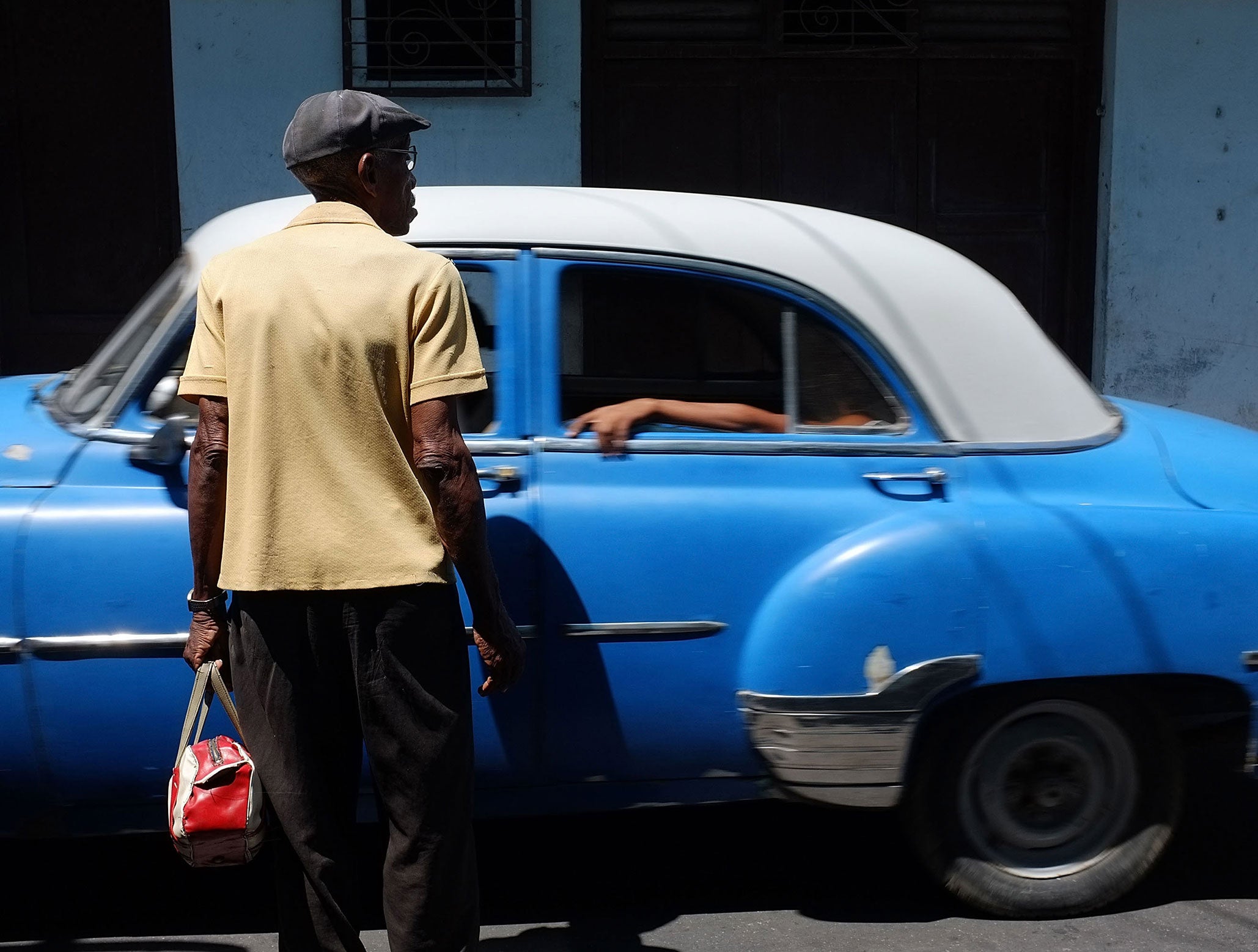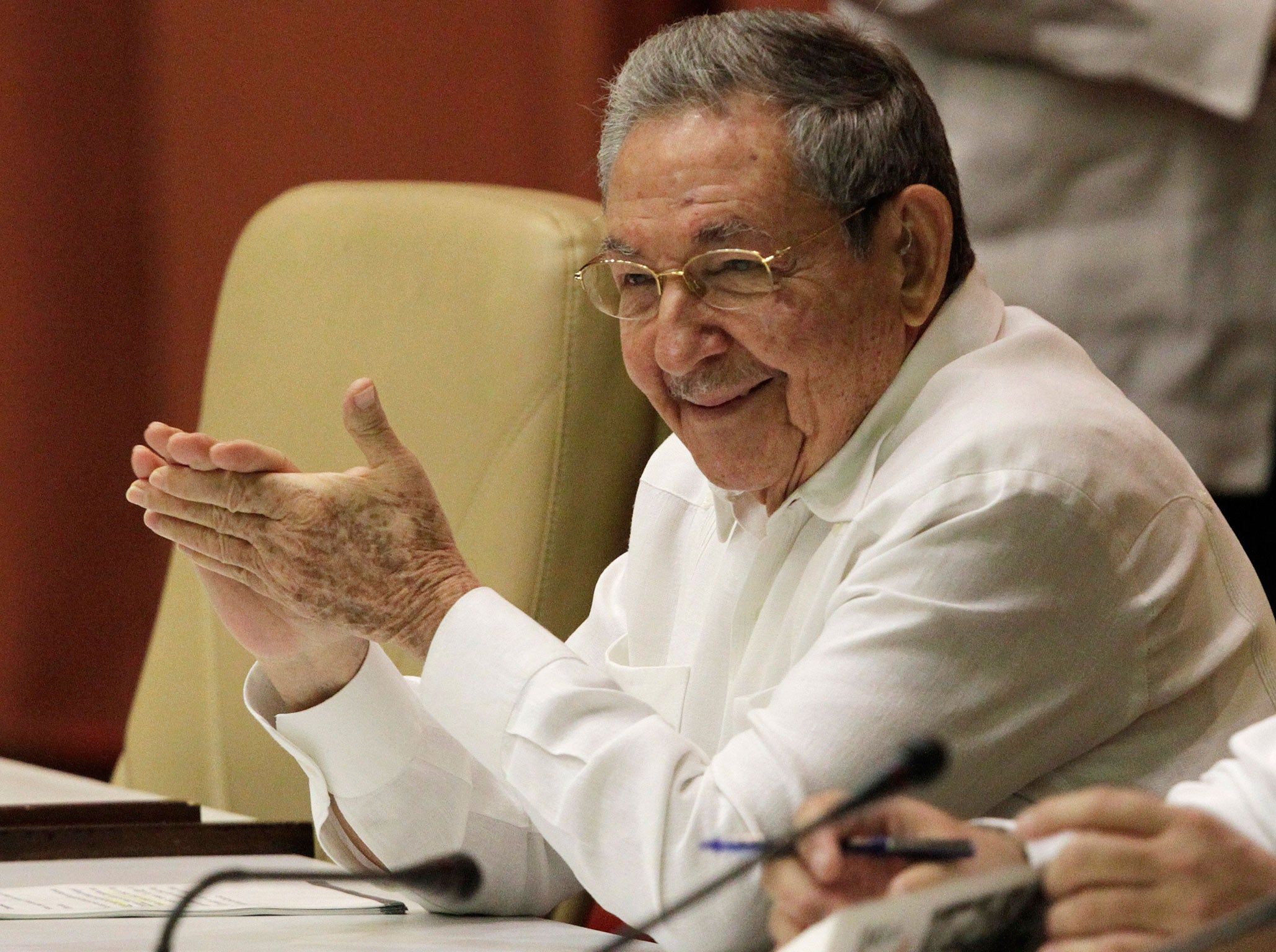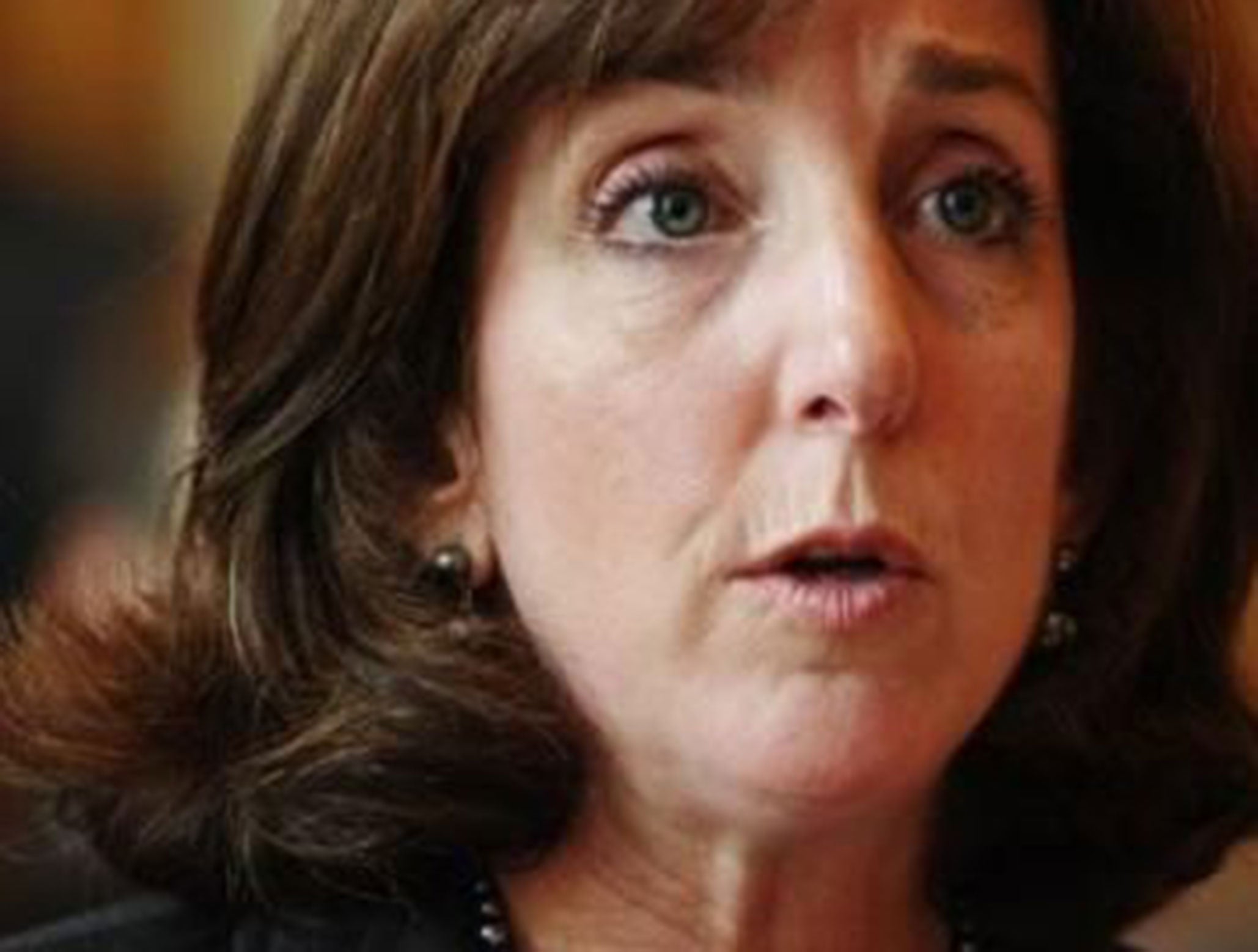Cuba and US relations: Historic talks get underway in Havana to restore diplomatic relations after more than 50 years
Talks are covering a range of topics including reestablishing full diplomatic relations

Your support helps us to tell the story
From reproductive rights to climate change to Big Tech, The Independent is on the ground when the story is developing. Whether it's investigating the financials of Elon Musk's pro-Trump PAC or producing our latest documentary, 'The A Word', which shines a light on the American women fighting for reproductive rights, we know how important it is to parse out the facts from the messaging.
At such a critical moment in US history, we need reporters on the ground. Your donation allows us to keep sending journalists to speak to both sides of the story.
The Independent is trusted by Americans across the entire political spectrum. And unlike many other quality news outlets, we choose not to lock Americans out of our reporting and analysis with paywalls. We believe quality journalism should be available to everyone, paid for by those who can afford it.
Your support makes all the difference.Cuba and the US have embarked on their first high level talks for at least 35 as the two countries size up the possibility of an historic shift in their relationship.
A US team headed by Roberta Jackson, a senior official within the State Department, flew to Havana for two days of talks with their Cuban counterparts. On Wednesday, the teams will discuss travel issues while on Thursday they are to focus on the process for re-establishing a US Embassy in Havana headed by an ambassador, and a Cuban Embassy in Washington.
In his state of the Union address on Tuesday night, President Barack Obama claimed that the US’s move to restore diplomatic relations and loosen the conditions of a five-decade trade embargo had the “the potential to end a legacy of mistrust in our hemisphere”.
The Associated Press reported that Washington’s first objectives including the lifting of restrictions on American diplomats' staffing numbers and travel inside Cuba, easier shipments to the current US Interests Section, housed inside the Swiss Embassy, and unfettered access for Cubans to the building. The US has said the restoration of full diplomatic ties depends on how quickly the Cubans meet the US requests.
There are many observers who are sceptical about the likely pace of change, given that the President does not have the power to lift the trade embargo and that President Raul Castro and the senior figures of Cuba’s Communist party retain a tight, sometimes suffocating grip on life.

“[The US has taken] steps in the right direction but there’s still far to go,” one unidentified Cuban official told the AP, who warned that Washington should not try to change Cuba's single-party government. “[The relationship] must be based in principals of international law. What do these principles mean for Cuba? Reciprocal respect for each country’s political and economic systems, avoiding any form of interference.”
The US State Department claimed the would benefit both Cuba and the US. “By facilitating the Cuban people’s access to greater resources and information, the policy change seeks to engender greater respect for human rights and adherence to democratic principles in Cuba,” it said in a statement.
Ryan O’Regan of the Washington-based Council on Hemispheric Affairs wrote recently that the US’s newly-implemented policies, combined with the recent prisoner exchange and Cuba’s subsequent release of 53 political activists, establish the bedrock for progress. Yet he said more need to be done to properly normalise relations – including the removal of Cuba’s status as a state sponsor of terrorism.
“The true challenge to normalisation lies in the embargo itself, and Republicans in Congress must be cajoled into finally repealing the cluster of laws that make up its core,” he said.

Last month, Mr Obama and Mr Castro announced a plan to reestablish ties that were cut in 961, shortly after Mr Castro’s brother, Fidel Castro, swept to power in Cuba and overthrew a dictator. The US tried to kill and overthrew Mr Castro on a number of occasions and enforced a crippling economic blockade. Some estimates suggest, the embargo cost as much as $100bn to Cuba over the decades.
The two leaders also announced details of a prisoner swap. American Alan Gross, a government contractor was released from a Cuban jail, as was Cuban Rolando Sarraff Trujillo, an intelligence officer who had spied for the CIA.
In turn, the US released the three remaining members of the so-called Cuban Five, who had been arrested in the 1990s in Florida and convicted of spying on members of the Cuban American community.
Since both sides promised a new era in relations on December 17, Cuba has released dozens of people considered by Washington to be political prisoners and Mr Obama has significantly eased sanctions against Cuba to allow more US travel and trade. Mr Castro has said he will travel to Panama in April for the Summit of the Americas, which Mr Obama is also set to attend, raising the prospect of their first formal meeting.
Join our commenting forum
Join thought-provoking conversations, follow other Independent readers and see their replies
Comments